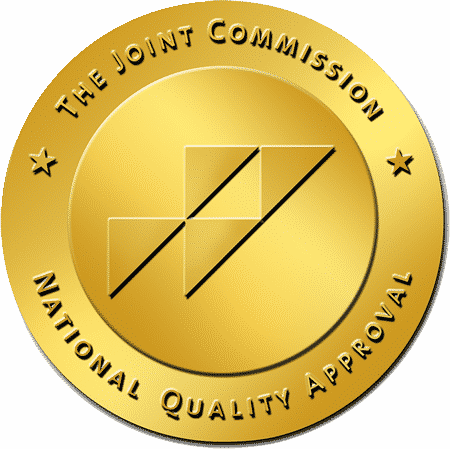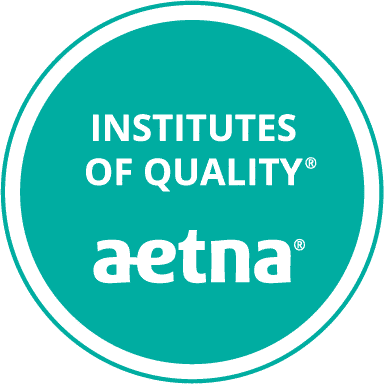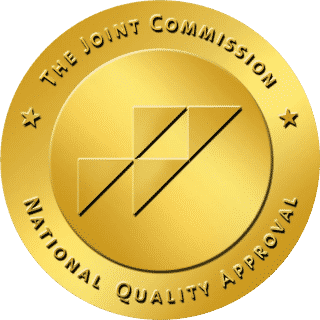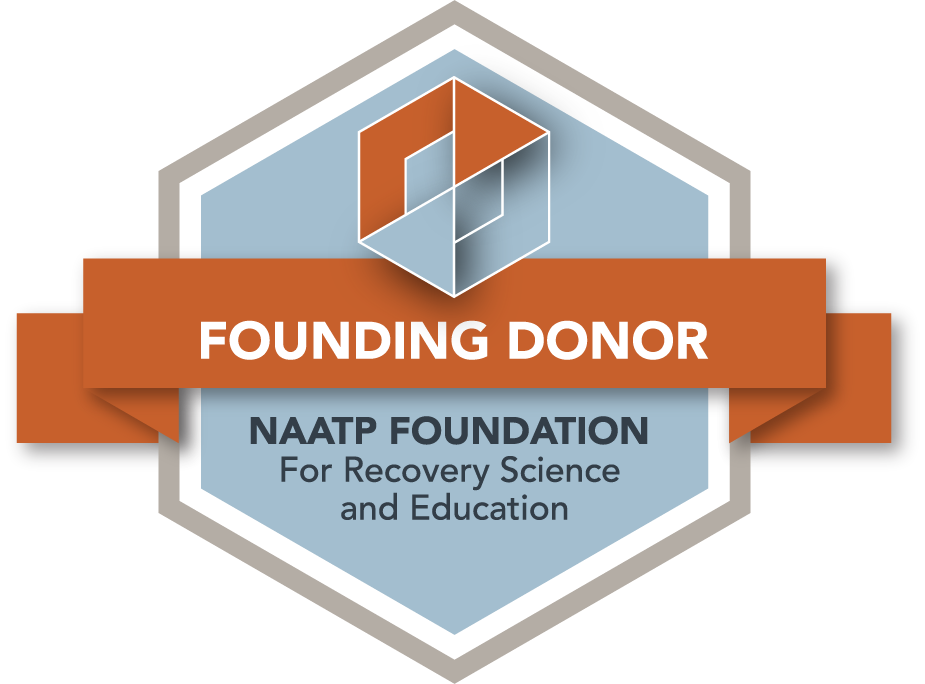Collegiate Program
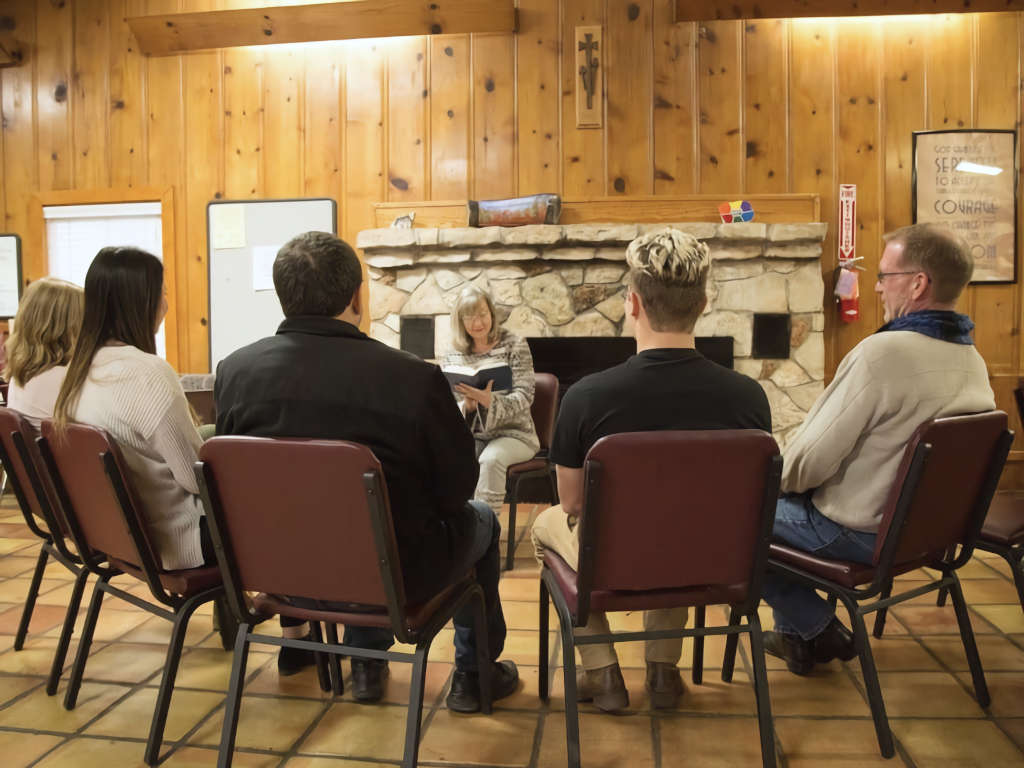
Young people in their late teens and early twenties suffering from substance use disorders still have the chance to change course and achieve successful recovery.
That’s why we have a substance abuse treatment program just for the age group and support collegiate recovery programs to help those in college receive recovery support services.
Life Changes and Pressures
From their late teenage to early 20s, young adults face a number of issues that put them at risk for alcohol abuse or drug addiction and mental health issues.
While some start substance abuse at this age, in others adolescent drug use or drinking habits only increase in the face of new pressures.
Facing the Issue is Part of the Problem
Millions of young adults live with a substance use disorder or mental health issues, according to the Substance Abuse and Mental Health Services Administration (SAMHSA).
Especially on College Campuses
There is an increasing nationwide problem with drinking and drug use on college and university campuses, resulting in many negative student outcomes.
The challenges of starting higher education course work–separation from family, entering into new social networks, and challenging academic demands–significantly contribute to increased substance abuse, one of the most widespread health problems on college campuses in the United States.
Binge Drinking
A national survey reports that 39 percent of college students report engaging in binge drinking, often encouraged and enabled by their peers substance abuse and social pressure.
A Problem for Others
Binge drinking has physical and behavioral consequences for both the drinkers and those around them.
For the drinker, it can cause dangerously elevated blood alcohol levels, physical or cognitive impairment, even death.
The drinker’s inability to control their actions can lead to use of illicit drugs, unsafe sexual activity, physical and sexual assault, and poor academic performance.
Drugs to Supposedly Help Studies or for Pleasure
Legally, this involves college students asking mental health practitioners for dextroamphetamine (Adderall) prescriptions in order to enhance their ability to focus and study.
Collegiate Recovery Programs
Recognizing that alcoholism and drug abuse are serious problems on college campuses, universities and colleges across the U.S. are increasingly supporting students in recovery from addiction. These collegiate recovery programs are designed around the academic populations and cultures.
A collegiate recovery program functions in many ways, utilizing a variety of services, models and tools to help students in addiction recovery. The common thread is that they focus on student recovery support services in higher education.
History of Collegiate Recovery Movement Programs
The collegiate recovery movement began in 1977 when Dr. Bruce Eliot Donovan started the first collegiate recovery program at Brown University. He helped recovering students find 12-step meetings, provided individual support and academic counseling, and helped students find off-campus counseling.
The collegiate recovery movement took another step forward in 1979 when Rutgers University created one of the first Alcohol Policy Committees at a university. Its collegiate recovery program opened in 1983, followed five years later by the first recovery-only housing of its kind in the United States.
What do Collegiate Recovery Programs Include?
Collegiate recovery programs, often operating under the school’s department of student affairs, include these recovery resources:
- Recovery advocacy
- On-campus 12-step meetings
- A drop-in safe space
- Substance-free housing and social events
- Professional counseling in recovery management
Do Collegiate Recovery Programs Work?
The Journal of American College Health reported on a study that showed that collegiate recovery programs “meet their mission of allowing recovering students to pursue educational goals in ‘an abstinence-hostile environment.'”
It also said there was a need for more academic support from higher education institutions to address the recovery support needs of college students in sustaining recovery.
Part of the reason that collegiate recovery programs continue to expand is that successful programs often share technical assistance, recovery resources, and recovery management tips with new or struggling programs.
Examples of Collegiate Recovery Support Programs
Texas Tech University
Texas Tech Center for Collegiate Recovery Communities (TTU CRC) was founded in 1986. College students submit an application and letters of recommendation for possible admittance. Applicants must obtain a year of recovery in the first semester that they start with the program. The CRC supports more than 100 students in recovery the pursuit of higher education at Texas Tech University. There are also a number of other support groups on the college campus.
The CRC model incorporates recovery support, access to higher education/educational support, peer support, family support, and community support/service to help college students attain a systems-based sustained recovery.
With financial assistance from Substance Abuse and Mental Health Services Administration and the Department of Education, Texas Tech University began providing technical assistance to collegiate recovery programs nationwide.
Kennesaw State University
Augsburg College
With a strong campus-based infrastructure, Augsburg College’s StepUP® Program, founded in 1997, is one of the nation’s largest collegiate recovery programs. It hosts between 70 and 100 recovering students working active programs on the college campus. The majority of students in StepUP choose to live on campus in StepUP’s dedicated recovery housing. Living on campus is strongly encouraged as a way to build community with other students in recovery and aid the recovery process, but is not required.
Augsburg’s program is renowned in the collegiate recovery movement for having the largest number of students in recovery housing, students in recovery maintaining a GPA of over 3.0, and a 95 percent abstinence rate among students overall.
Effects of Collegiate Recovery Communities Programs
Collegiate recovery communities produce positive results.
A collegiate recovery program benefits other college students, not just its members. A strong campus-based infrastructure of recovery support services encourages students with substance use disorders to enter addiction treatment and begin recovery.
By serving as good examples of sober living, students in recovery help reduce their peers’ substance use.
A collegiate recovery community improves academic outcomes. Grades suffer when students are struggling with substance abuse. College students who receive addiction treatment and enter recovery often have better academic outcomes due to improved study habits and class attendance.
Graduation rates also improve. Freed of their drug dependence, recovering students are more are more likely to graduate instead of dropping out of school. This improves the school’s graduation rates and the students’ opportunities for successful careers and lives.
Resources for Collegiate Addiction Treatment and Recovery
Substance Abuse and Mental Health Services Administration
SAMHSA, an agency within the U.S. Department of Health and Human Services, leads public health efforts to advance the behavioral health of the nation and to improve the lives of individuals living with mental illness and substance use disorders.
American College Health Association
La Hacienda Supports Campus Recovery Communities
La Hacienda Treatment Center has actively worked with collegiate recovery groups since 1996, providing resources and professional input from our staff members.
In 2004, La Hacienda started awarding scholarships to more than a hundred students in recovery at the University of Texas at Austin. The Association of Recovery in Higher Education (ARHE) honored this program with its national award for philanthropy in 2019.
Substance Abuse Treatment for Young Adults
La Hacienda's Collegiate Program
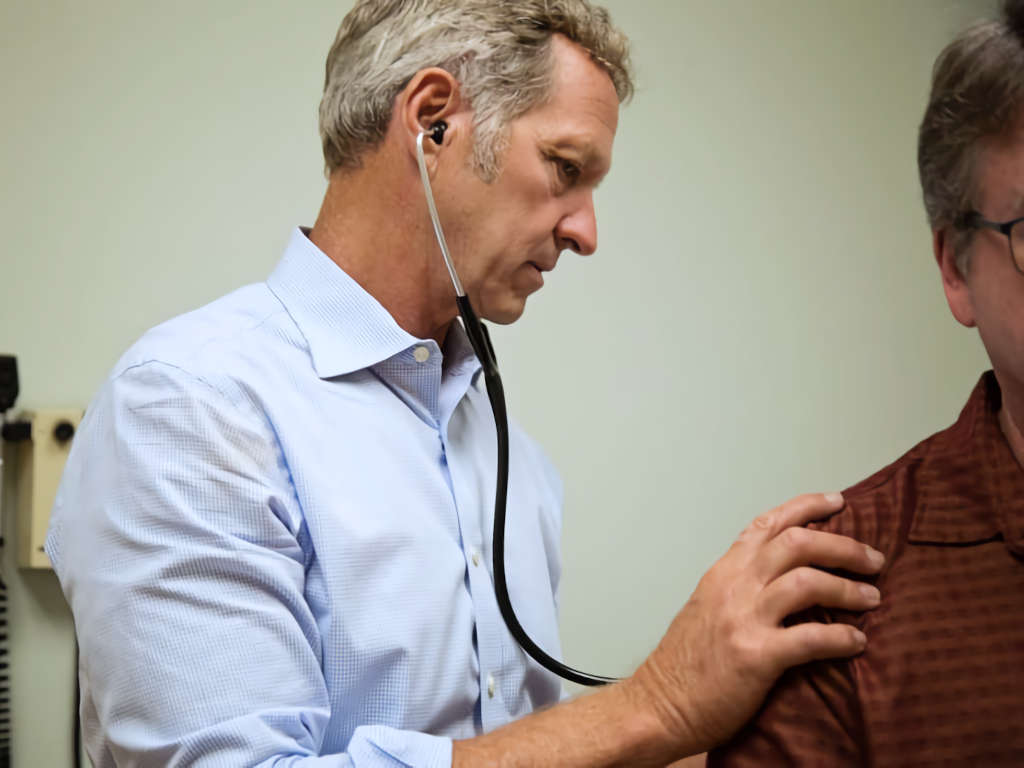
La Hacienda Treatment Center’s Collegiate Program is designed to meet the challenges of individuals 18 to 24 years olds who are having difficulty due to alcohol and other drug use.
- Chemical dependency education
- Dealing with peer pressure
- Healthy relationships
- Independent living skills
- Effective communication skills
- Goal setting and achievement
- Self-esteem/self-worth issues
- Healthy leisure skills
The various treatment modalities include:
- Individual counseling
- Daily group counseling
- Support groups
- Daily education didactic
- Physicians’ lectures
- Big Book/12 Step Study
- ROPES course
- Family counseling
- Post-treatment recovery management plan
If you or someone you love needs help with a substance use disorder, phone La Hacienda Treatment Center at (800) 749-6160 today and talk with one of our dedicated admission specialists.

Recovery Psychology
Recovery psychology involves regaining mental states and processes that were lost to an addiction from which a person is recovering.

Addictive Behavior
Addictive behavior is activity, often obsessive and destructive, related to substance abuse of or drug dependence and that dominate one’s life. Such activity may include drug-seeking behavior, taking risks, and illegal acts in order to sustain a drug habit.

Chemical Dependency Evaluation
A chemical dependency evaluation is usually the first step before starting treatment for substance abuse. It involves questions that may recognize, depending on the substance abused, whether a person suffers from a substance use disorder (addiction) and can be aided by clinical programs.

Chemical Dependency Counselor
A chemical dependency counselor is a qualified mental health professional who specializes in chemical dependence or addiction. Such programs work with chemically dependent persons to address the reasons behind their substance abuse problem or addiction.
